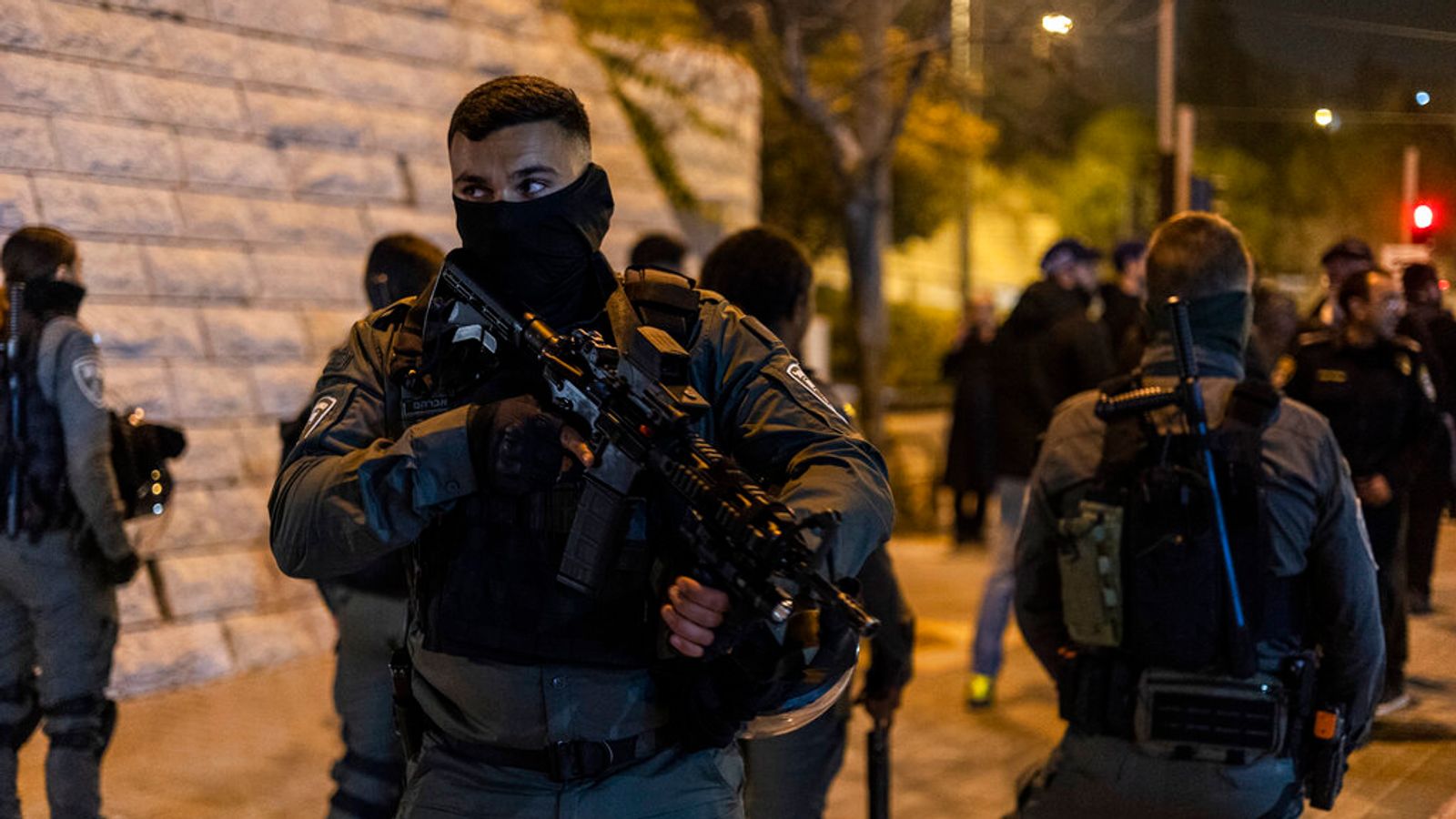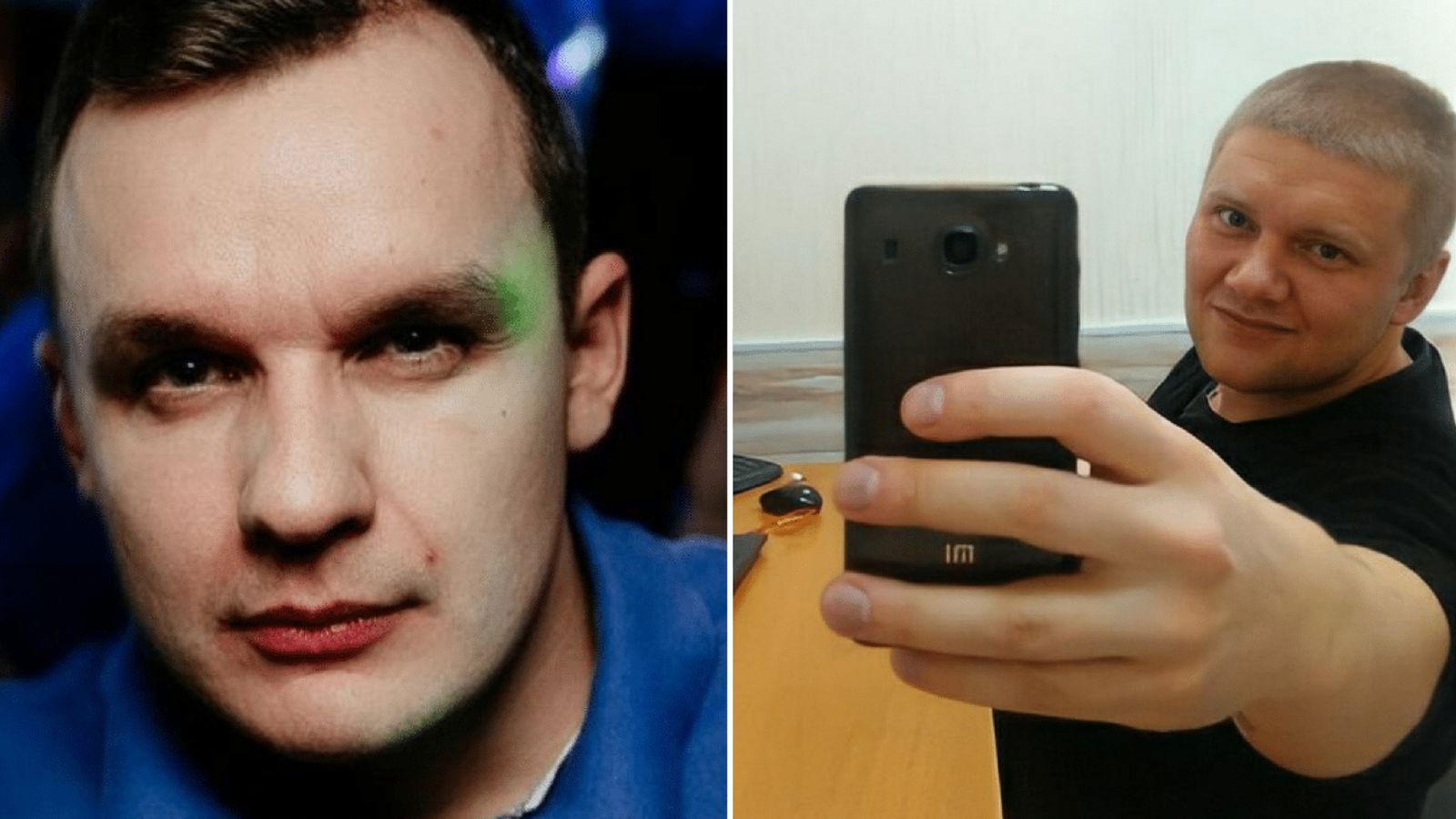Netanyahu vows to ‘strengthen’ West Bank settlements after shooting attacks

Israel’s Prime Minister Benjamin Netanyahu says he plans to “strengthen the settlements” in the West Bank in response to two shootings which left seven people dead and five wounded.
Mr Netanyahu’s announcement threatens to further raise tensions after one of the bloodiest months in the West Bank and East Jerusalem in several years.
In the first attack, a Palestinian gunman killed seven people when he opened fire outside a synagogue in Neve Yaakov in East Jerusalem on Friday.
Hours later two people were wounded when a 13-year-old Palestinian boy opened fire on a group of five civilians on Saturday.
Mr Netanyahu’s office has said the country’s security cabinet has agreed to seal off the home of Friday’s gunman ahead of its demolition.
The security office also plans to cancel social security and health benefits for the families of the attackers, step up efforts to collect illegal weapons and make it easier for Israelis to obtain weapons.
Mr Netanyahu’s announcement also said Israel will take new steps to “strengthen the settlements” this week.
However it gave no further details.
There has been no immediate response from Washington.
Advertisement
The Biden administration, which condemned Friday’s shooting, opposes settlement construction in East Jerusalem and the West Bank – lands sought by the Palestinians for a future state.
The topic is likely to be high on the agenda as US Secretary of State Antony Blinken arrives on Monday for talks with Israeli and Palestinian officials.
It comes as Mr Netanyahu could come under pressure from members of his government, a collection of religious and ultranationalist politicians, to take even tougher action.
Such steps could risk triggering more violence and potentially drag in the Hamas militant group in Gaza.
The weekend shootings followed a deadly Israeli raid in the West Bank on Thursday that killed nine Palestinians, most of them militants.
In response, Palestinian militants in the Gaza Strip fired a barrage of rockets into Israel, triggering a series of Israeli air strikes in response.
In all, 32 Palestinians have been killed in fighting this month.
It remains unclear whether the Israeli steps will be effective.
The Palestinian attackers in the weekend shootings both appear to have acted alone and were not part of organised militant groups.
Please use Chrome browser for a more accessible video player
0:48
Shooting at synagogue in Jerusalem
Friday’s shooting left seven Israelis dead, including a 14-year-old boy. and three wounded before the gunman was killed by police.
It was the deadliest attack on Israelis in 15 years.
In response to the shooting, Israeli police beefed up activities throughout East Jerusalem and said they had arrested 42 people, including family members, who were connected to the gunman.
But later on Saturday, a 13-year-old Palestinian boy opened fire elsewhere in East Jerusalem, wounding an Israeli man and his son, aged 47 and 23, paramedics said. Both were fully conscious and in moderate to serious condition in hospital, the medics added.
As police rushed to the scene, two passers-by with licensed weapons shot and overpowered the 13-year-old attacker, police said. Officers confiscated his handgun and took the wounded teenager to hospital.
Both Palestinian attackers behind the shootings on Friday and Saturday came from East Jerusalem.
Palestinian residents of East Jerusalem hold permanent residency status, allowing them to work and move freely throughout Israel, but they suffer from subpar public services and are not allowed to vote in national elections.
Read more:
Palestinian militants ‘ready to die’ as chance of all-out war increases
Israel’s most far-right government hardens policies towards Palestinians
Residency rights can be stripped if a Palestinian is found to live outside the city for an extended period or in certain security cases.
Israel captured East Jerusalem, along with the West Bank and Gaza Strip, in the 1967 Middle East war.
The Palestinians seek all three areas for a future independent state.
Israel has annexed East Jerusalem in a step that is not internationally recognised and considers the entire city to be its undivided capital.

